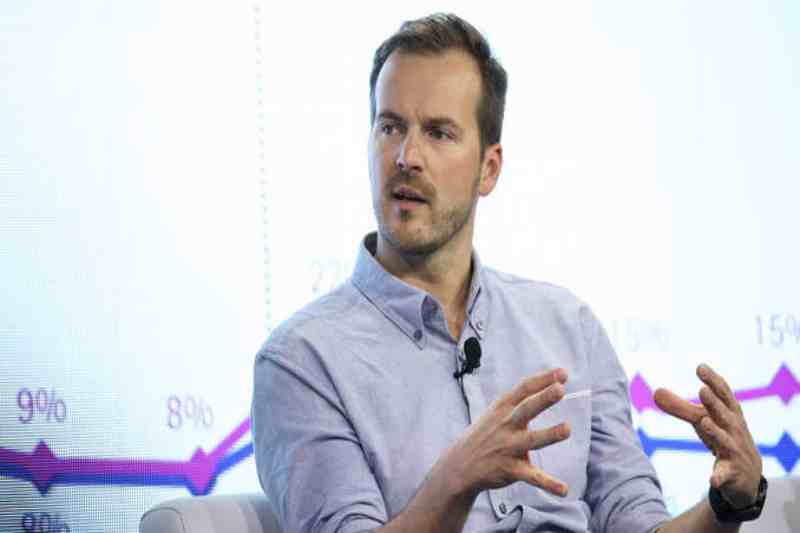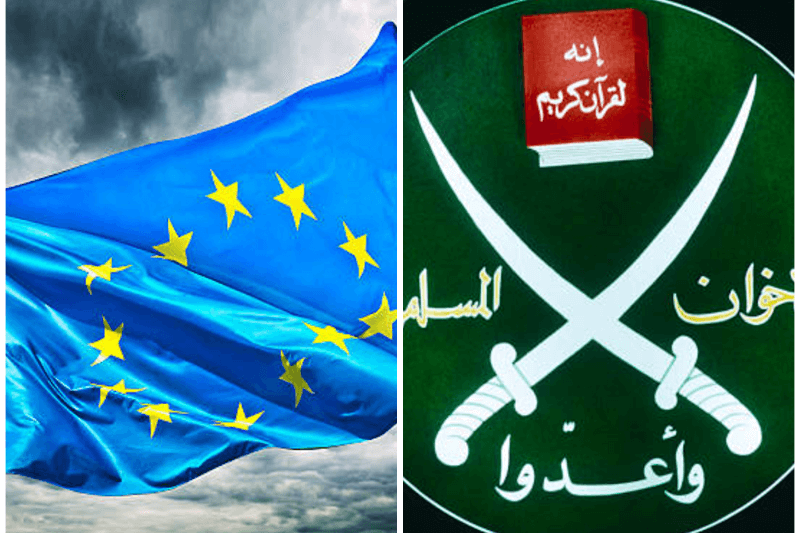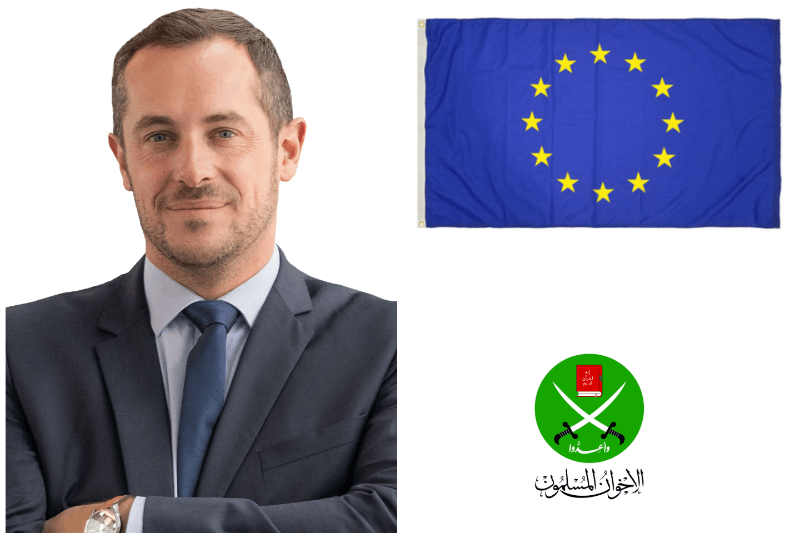
Is the vaccine passport really a good idea for Europe? Experts raise doubts
In Europe, the idea of granting benefits to travelers who have been vaccinated is gaining ground. However, the idea of a European vaccination passport seems at least premature, if not downright reckless, at this stage of the pandemic. Initially proposed by the Greek Prime Minister Kyriakos Mitsotakis and welcomed by political leaders of other countries with a significant tourist economy, the vaccine passport should serve in the coming months to overcome the limitations of travel within the Union. The president of the European Commission, Ursula von der Leyen, welcomed it as a medical requirement necessary to keep borders open.
As Alberto Alemanno chair of European Union Law at the Grande École des Hautes Etudes Commercials (HEC) in Paris, and Luiza Bialasiewicz chair of European Governance at the University of Amsterdam, write in an editorial published on the Italian “La Repubblica,” the adoption of this measure, risks having a series of unintended consequences. Because it is based on wrong premises from a legal, scientific, and territorial point of view. Also, instead of uniting Europe by reducing travel restrictions, the vaccine passport would simply create new frontiers between people registered as safe and those who are not safe.
Experts point out that, in the first place, the certificate bases on the assumption that those who will be allowed to travel are no longer carriers of the virus. The data currently in our possession suggest that vaccines for Covid-19 block the manifestation of symptoms but, as regards the transmission of the virus, only slow it down. So, the scientific premise behind the passport seems at least questionable.
But it is not only the erroneous scientific premises that cast doubts on the proposal aimed at introducing a pan-European vaccination document. The prerequisite for making freedom of movement within the Union conditional on vaccination should be equal access to the vaccine. At the moment, the strong differences in the course of the vaccination campaign among EU Member States make the probability of being vaccinated for the citizens of some countries much higher than in others. The Danes would be much freer to move than the French.
Related Posts
The Germans would be many months before the Dutch. There are also significant geographical differences within member countries, where those who live outside large urban areas are less likely to access the vaccine, while the ability of individual regions to organize the first phase of administration is highly variable.
In addition to these differences, depending on the residence country or region, individual Member States are free to choose the people’s categories to be vaccinated as precedence. Apart from the rightly given priority to the categories most at risk, such as medical personnel and the elderly, each Member State is free to choose the next groups of “essential” individuals who will receive the vaccine: teachers, transport workers, journalists, and so on. In short, the people defined as “essential” or “on the front line” in each EU country do not necessarily correspond to the same groups of people.




